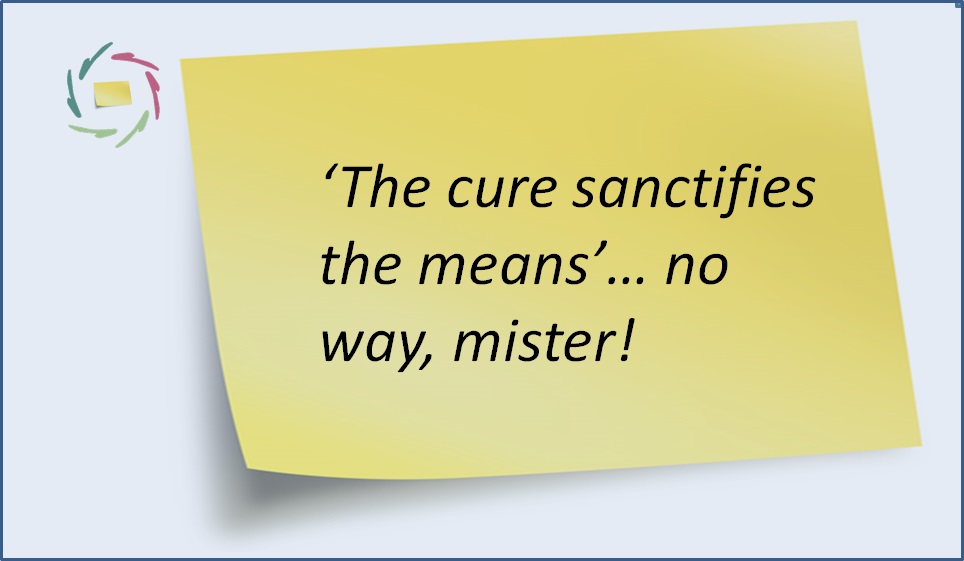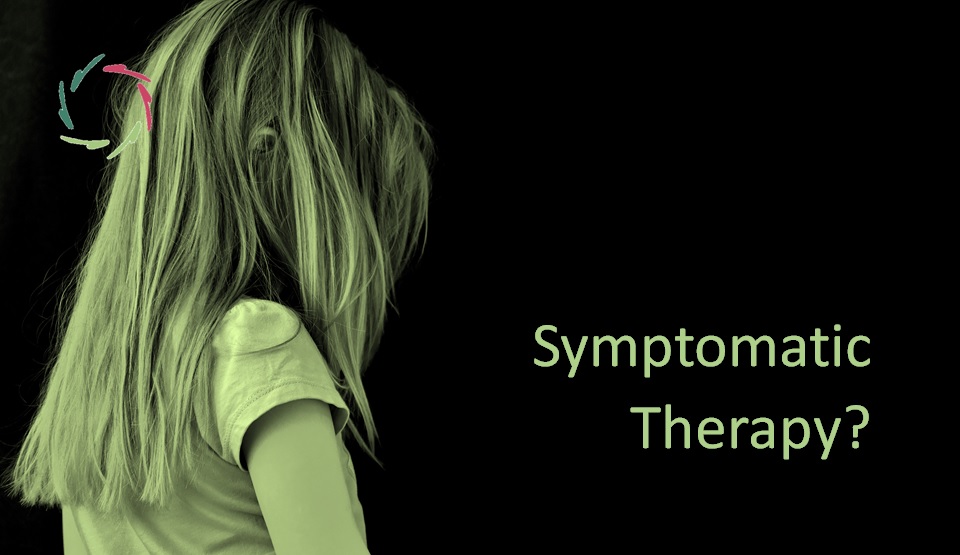Why We Need Serial Treatment Assumption Testing

In medicine – regular and alternative (CAM) – Serial Treatment Assumption Testing (STAT) is a feasible and necessary tool to open up what has always been medical science’s intention.
What is STAT?
Quite straightforwardly, in its essence, it’s about serially asking study subjects to guess in which of two study groups they are (active medication vs. placebo group). They are not supposed to know, but let them guess.
If they guess correctly, there’s a problem because they shouldn’t. Serially asking them shows how big this problem is.
The aim: to get rid of magical thinking
The history of medicine has been described as the history of placebo. [Shapiro et al., 1997]
Through placebo, anything goes as long as people deeply believe in ‘the dummy pill.’ Since the cause of action thus lies behind a smokescreen and the pretended cause lies before, I guess we may correctly call this ‘magical thinking.’
Historically, medical science has come into being precisely to get rid of this: say, for instance, the magical colored water at the Medieval marketplace, sold by Mr. Quack, the voyaging magician.
Unfortunately, we still have much placebo in our midst.
Double-blind, still blind
You may know that double-blind studies aim to distill the true effect of, for instance, a medication, from the placebo effect and other disturbances.
Unfortunately (again), there seems to be a fundamental flaw in this. [see: “Double-Blind in the Balance“] The guessing that I mentioned above is correct in too many cases. As a consequence, the study results may be substantially more favorable to the active substances than presumed. Thus, unintentionally, there may be quite some magical thinking hidden right within the core of medical science.
How big is the problem?
In one of the few broad studies that looked into treatment assumptions, +/- 72% of ‘blinded’ subjects (patients) and +/- 83% of ‘blinded’ physicians guessed correctly, even more so in cross-over studies. [Shapiro et al., 1997]
Another study examined a set of 1599 medical studies and found any mention of blinding success in only 2% of them. [Hrobjartsson et al., 2007]
It seems we know little. This little shows much blindness breach. I call that a problem. The public (payers, consumers) should know about this.
STAT may relieve this problem to a huge degree.
But there’s another big perk:
STAT gives a good indication of the true amount of placebo.
This is an additional gift we get from STAT. For each double-blind study, it shows the true placebo effect. This may enhance medicine pretty much by showing us the power of placebo ― costing little to nothing.
We can then calculate what could be achieved by opening up the placebo if this effect can be attained without needing the pill or procedure. It will clearly show the importance.
Pointing to AURELIS, for sure.
Also, with little insight, AURELIS gets confused with its opposite in rationality.
[see: “AURELIS and Other Alternatives“]
STAT may help in rectifying this once and for all.
References
[Shapiro et al., 1997] Shapiro AK, Shapiro E. The Powerful Placebo. The Johns Hopkins University Press, Baltimore MD, USA (1997).
[Hrobjartsson et al., 2007] Hrobjartsson A, Forfang E, Haahr MT, Als-Nielsen B, Brorson S. Blinded trials taken to the test: an analysis of randomized clinical trials that report tests for the success of blinding. Int J Epidemiol 36(3), 654–663 (2007).


